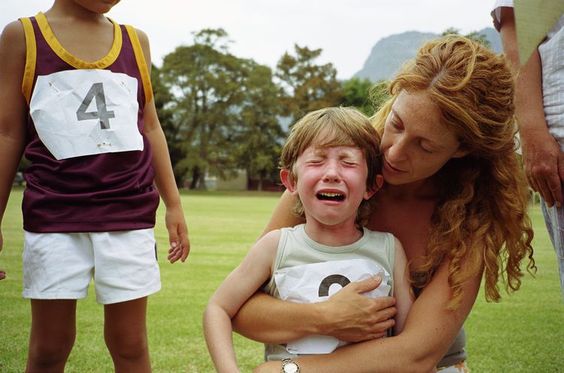 A mother whose been doing skype parent coaching and counselling with me for a while recently recounted the story of a big upset that their family had and gave me permission to share it. This is a good example of how invalidating a child’s feelings tends to fuel the fire of their upset. And also how beautifully things can turn around when a parent applies some empathy. Time enough for reasoning or problem solving when upsets have been cared for.
A mother whose been doing skype parent coaching and counselling with me for a while recently recounted the story of a big upset that their family had and gave me permission to share it. This is a good example of how invalidating a child’s feelings tends to fuel the fire of their upset. And also how beautifully things can turn around when a parent applies some empathy. Time enough for reasoning or problem solving when upsets have been cared for.
One Sunday a mother, father, son and daughter were driving home from a big weekend trip to the city, there was a request for one more adventure, to finally go to the indoor Go-Karting track that they’d often spotted from the motorway but never visited. After some discussion, they decided to go and see if it was still open, as it was now about 7pm. It was indeed open, but as it turned out, only the 11 year old son and the adults could go on them, the daughter at age 6 was too young to be allowed. So she and her mother watched as her dad and brother had great fun racing each other on the track.
On the way home, the little girl became hugely upset about not being able to have “even one turn” on the go-karts. The mother empathized as her husband reasoned with their upset little girl reminding her that it was the company’s rule and they didn’t know before they went there that she wouldn’t be allowed to go on them (defending the parent’s decision to go there and explaining the reasons for the rule). The father told his daughter that next year she’d be old enough to go, but that somehow didn’t seem to transform her disappointment into happiness on that sad night. He reminded her of what a wonderful trip they’d had to the big city and what a great day they’d had, how their trip up to the sky tower earlier that day was very exciting and reminding her that she really loved it.
The more the father reasoned with his girl, the angrier she became, the more upset, the more disappointed, the more resentful that her brother had been allowed to go on the go-karts. In fact, she became so wound up that she started pushing the back of her father’s seat with her feet, which made him understandably very frustrated. At this point, he became very stern with her and told her that she had to calm down right now and that she was making the trip unpleasant for everyone, herself included. His daughter’s upsets got bigger and louder and was also being directed at her brother causing conflict between them.
The mother had been working on the strategy of trying to counter the effects of her husband’s reasoning by interjecting with empathy, “you’re so disappointed, I’m also disappointed that you couldn’t go on the go-karts”, “I know, it was really hard for you to watch them having so much fun when you’d been really looking forward to it”. Yet, the mother’s empathy wasn’t enough to counteract the little girl’s hurt that her dad wasn’t letting her have her feelings and was ultimately giving her the message that she shouldn’t be upset. Of course the dad’s intentions, at least initially, were to help his girl feel better and probably to alleviate his own guilt and sadness at her having such a low moment at the end of a big day that the parents had put a lot of effort and expense into creating. Yet the result of his lines of reasoning was that he wasn’t letting his girl have the relief of “getting her frustrations out”, gaining empathy and understanding, which would have soothed her distress and prevented an escalation. She even reflected, “not only are you not letting me get my frustrations out, you’re making me more angry”.
The mother felt helpless as she could clearly see her daughter’s inner turmoil increasing as their already exhausted little girl, understandably, interpreted her dad’s (well Intentioned) reasoning to be a message that she shouldn’t be upset, that she shouldn’t complain, that she should be grateful for the positive experiences she’d had in the day. The mother could see her girl’s confusion at being accused of *not* being grateful for the positive experiences she’d had during her day. She could also see where her husband was coming from because this was the kind of approach she herself used to take before learning about peaceful parenting.
The father also felt helpless as every attempt to make his daughter calm down and be more reasonable failed. He couldn’t understand why she needed to make such a big deal out of it and was likely resenting the stress that his daughter was causing (in his view).
Finally, the mother dared fuelling the fire by diplomatically prompting her husband; “she just needs to feel like she’s allowed to be upset”. Silence. He thought for a while but then got it luckily.
The little girl was still crying out that they shouldn’t have gone there, that it wasn’t fair that her brother had been allowed to go on the go-karts, when her dad said “you know I would be just as upset as you are, I’m also really disappointed that you couldn’t go on the go-karts. I wish you could have raced with us. You had been so excited hadn’t you?” Silence, then a softer less anguished, but still upset voice “yes it’s not fair, why couldn’t I go on them for even one turn, we were the only people in the whole place, the man should have let me”. The dad again resisted the temptation to take her “why” as a literal question and bit his lip rather than try to help her understand why people can’t and shouldn’t change the rules no matter whether there are other people there or not. Instead, he offered more empathy, “you wish you could have had even one turn don’t you”.
The little girl finally felt understood. The tensions drained away nearly instantly, the little girl relieved that she no longer had to fight for her right to be upset and disappointed, and could start to relax with the confidence that her feelings (hence she) is still accepted and cared for when she’s really upset. As her tone changed, she regained the ability to accept her father’s reasoning “I know they just don’t want little kids to get hurt”.
Later that evening, the father told his wife that he was starting to understand why it was important to show empathy and understanding before reasoning with the kids. He could retrospectively see that the whole drama was created not by his daughter but by his feelings of frustration and guilt that he was trying to avoid by pressuring his daughter to not complain. As is so often the case in families, the parent’s wish to avoid a drama was exactly what escalated his daughter’s upsets.


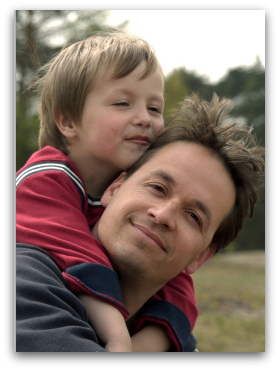
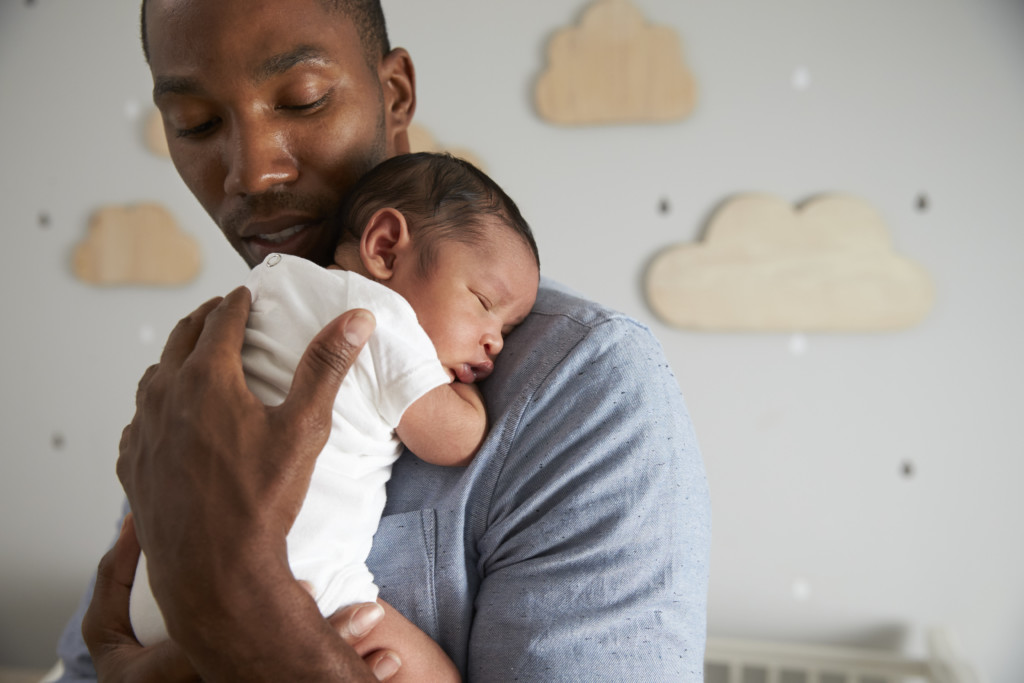
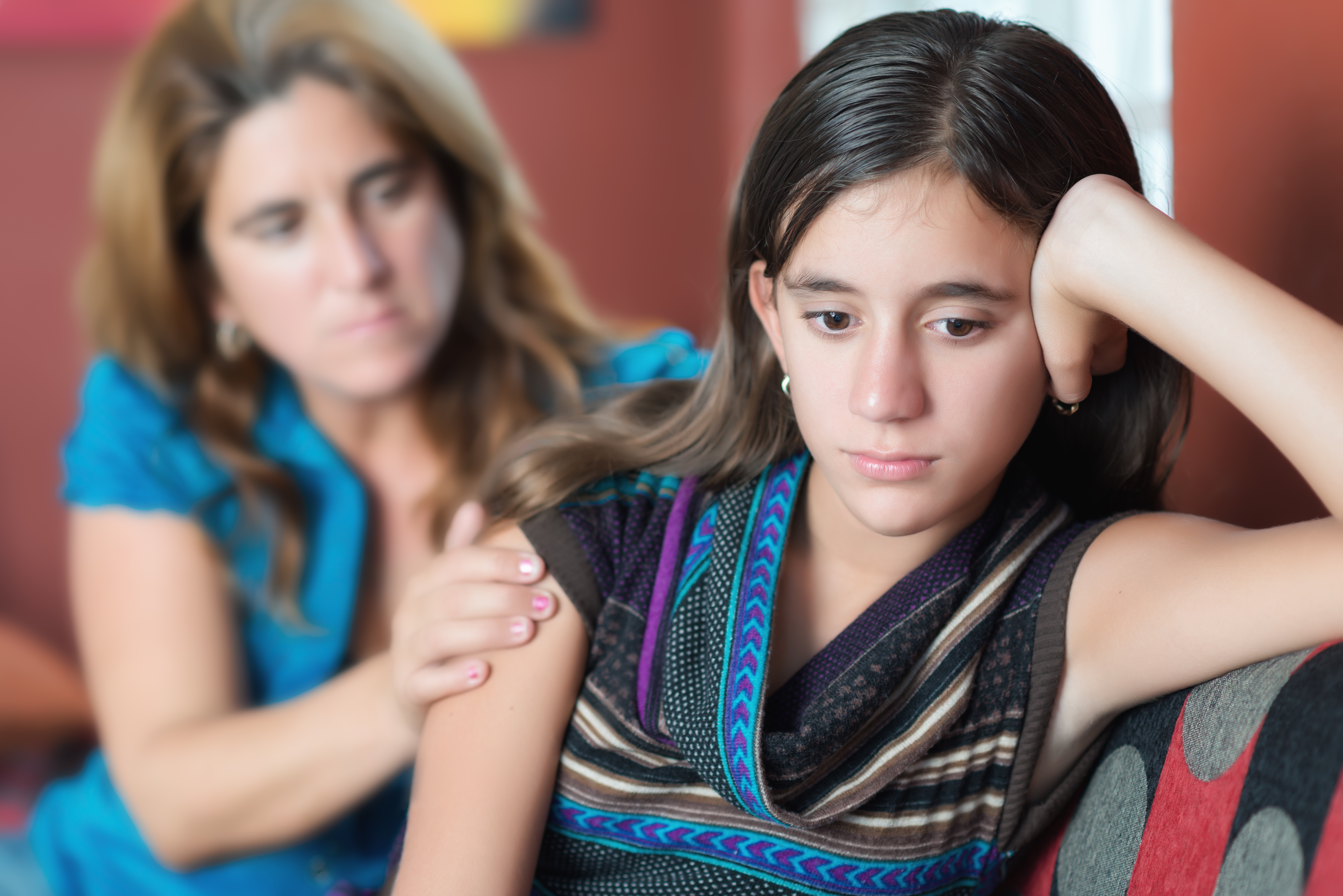


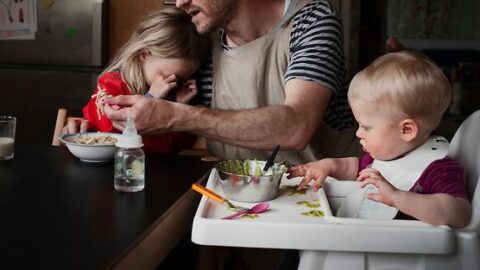
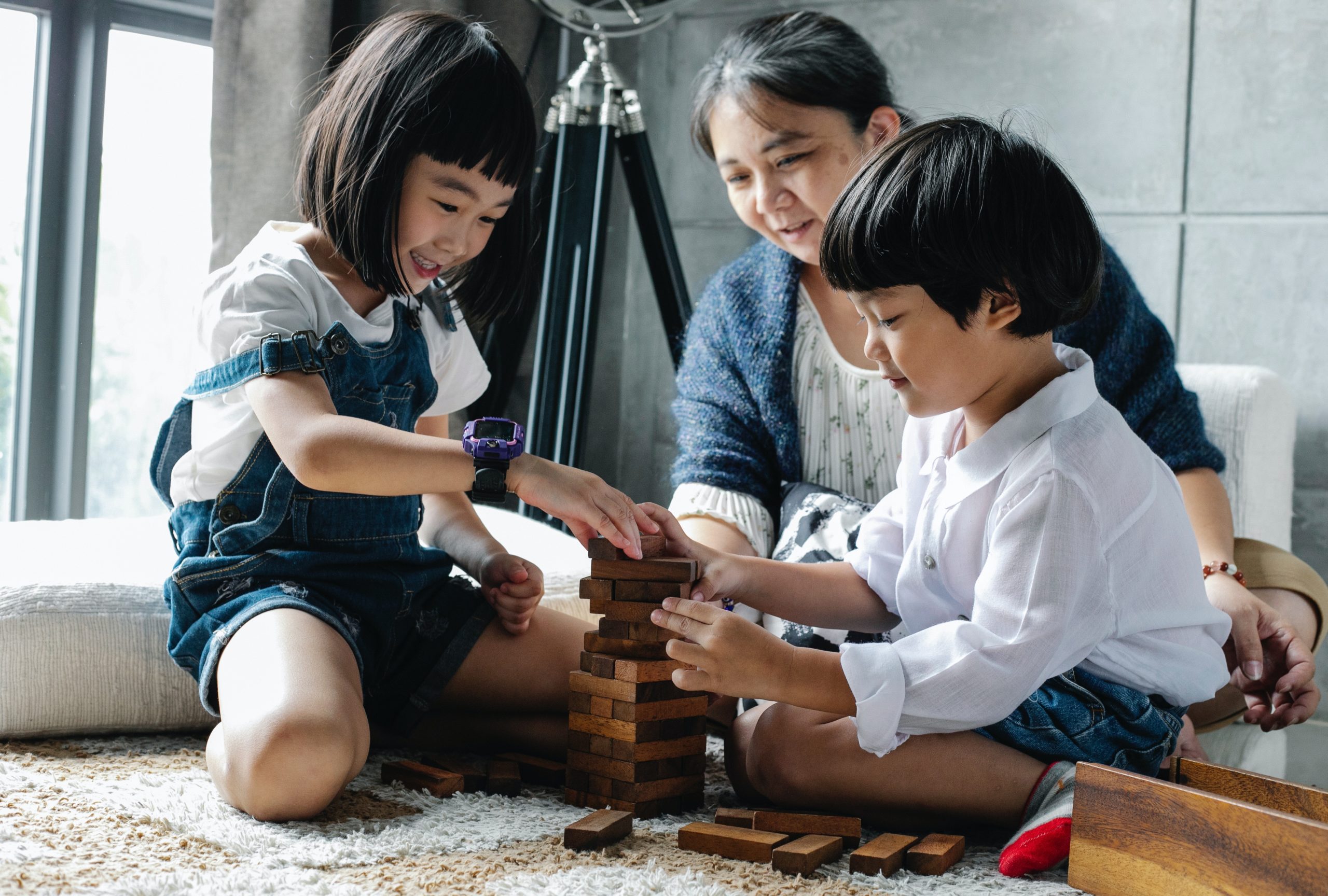
Because it’s so important to have a clear intention to solve a problem with peaceful means!!!!!
Thanks.
That’s exactly right Lara, it’s that clear intention to maintain the connection and model the healthier communication that helps us maintain that nearly super human patience that’s needed. We can’t expect them to manage their frustrations and be more reasonable than we are, we lead the way. Not that it’s easy but that clarity keeps us on track. Thank you for your comment. <3 Genevieve